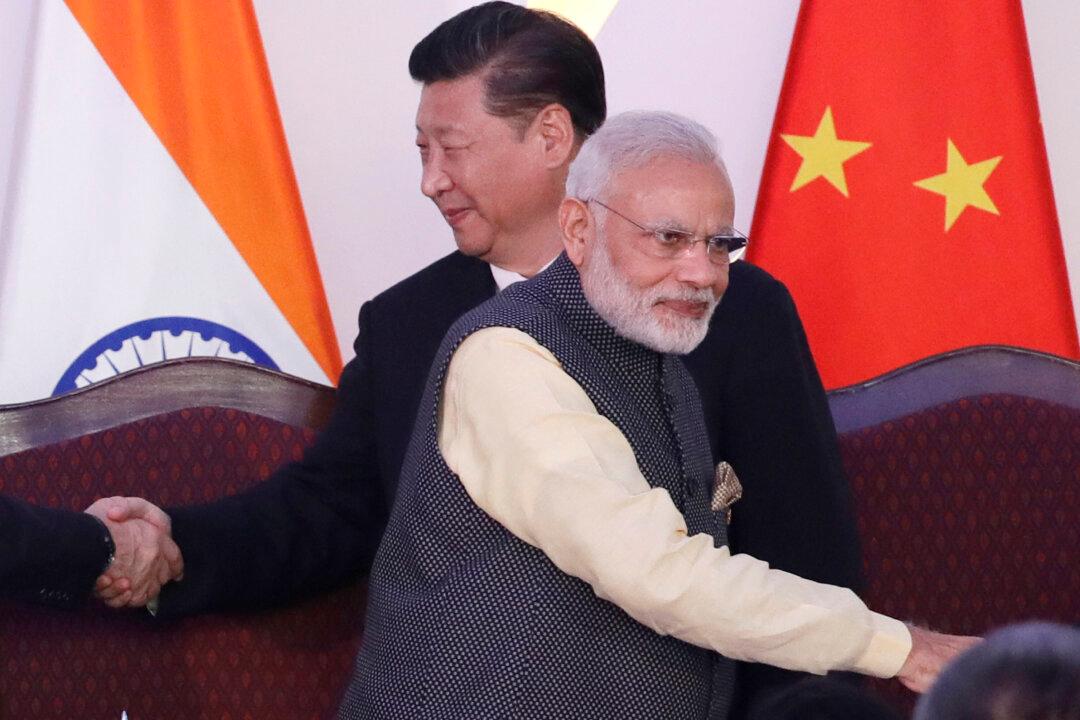LEH, India—Political analysts believe there’s a connection between China’s aggression on the Indian border and the upcoming U.S. elections and that the outcome of the elections will affect China’s behavior toward India.
“China views the U.S. as consumed with its domestic elections with little bandwidth for foreign policy, and it is possible that its escalation on the Indian frontier is related to it understanding that Washington won’t be able to help India substantially in case of a conflict,” Harsh Pant, a nonresident fellow at the U.S.–India Policy Studies at the Center for Strategic and International Studies in Washington, told The Epoch Times on a chat platform from New Delhi.





